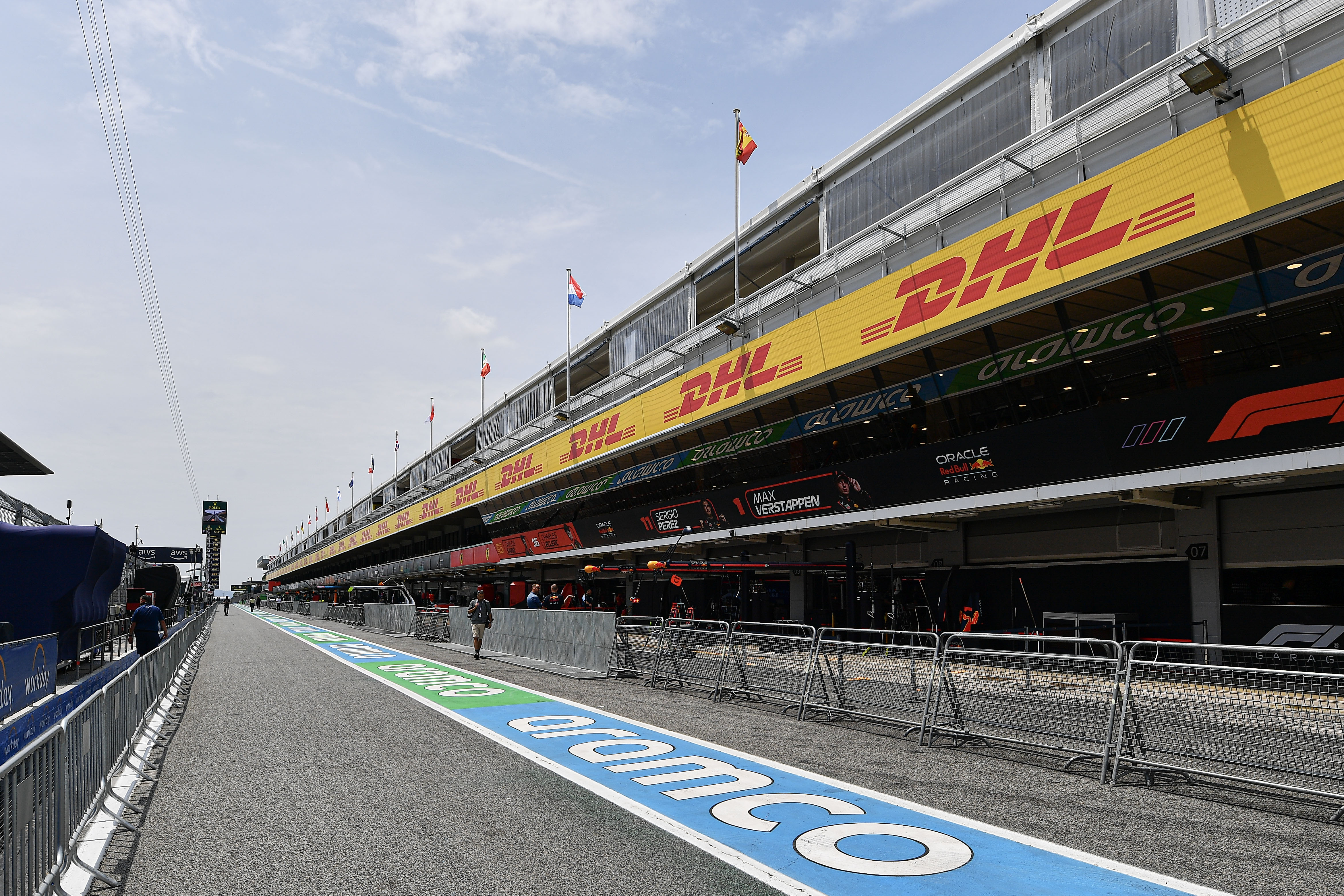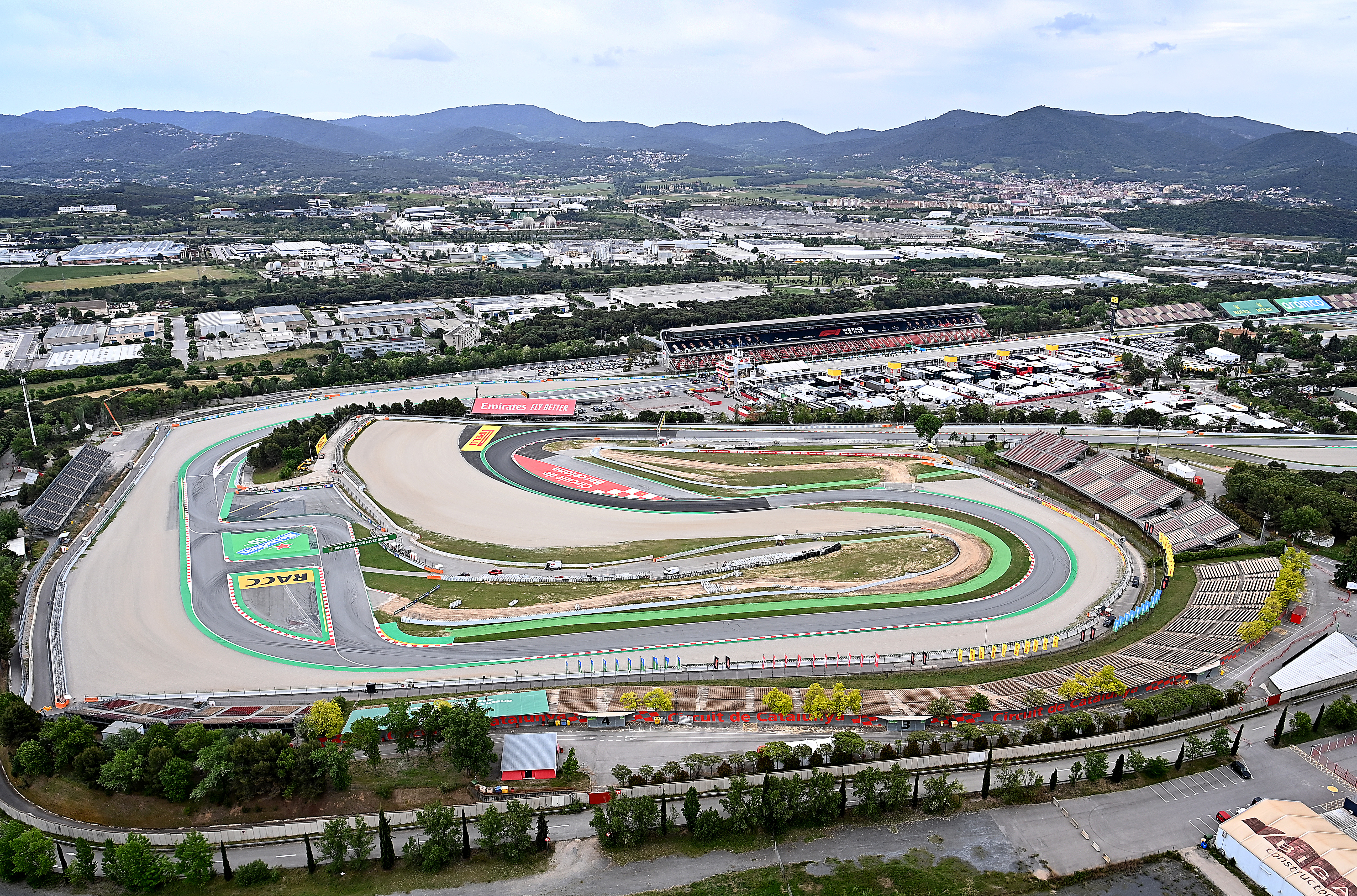Double the Action
Spain is on track to become the host of two major Formula One races in Barcelona and Madrid, according to reports.
Barcelona's Stay
Barcelona has been a staple on the F1 calendar since 1991 and is in talks to extend its contract, potentially lasting until 2031.
Madrid Enters the Race
In a groundbreaking move, Madrid is set to welcome a new F1 track near Barajas airport, aiming to be one of the largest venues on the F1 calendar.
Sustainability in the Spotlight
The new Madrid track is committed to being "Net Zero Carbon by 2030," setting a new standard for sustainability in the world of Formula One.

Frequently Asked Questions
Can Formula 1 car refuel at the race?
Formula 1 has banned mid-race refueling as per the current regulations. This rule is in place since 2010 to improve safety, and reduce costs. The cars now must be equipped with enough fuel in order to complete the race. This has added a strategic component where teams need to balance fuel efficiency and weight against speed.
What is Parc Ferrme in Formula 1?
Parc Ferme is a section of the pit lane in which cars are kept under the strict supervision of the FIA before and following qualifying and racing. Once cars enter Parc Ferme, teams cannot make any significant alterations to them except for a few specific allowable changes. The cars must comply with the rules and teams cannot gain unfair advantage.
How are Formula 1 vehicles designed to ensure driver security?
Formula 1 cars come with advanced safety features designed to protect the driver. They include a strong monocoque made of carbon fiber, the Halo system for cockpit protection, energy-absorbing crash structure, and advanced technology in helmets. Each component undergoes rigorous testing and conforms to strict safety standards, set by FIA.
Statistics
- Kimi Räikkönen holds the record for the fastest lap in Formula 1 history, set at the Italian Grand Prix in 2018 with an average speed of 263.587 km/h (163.785 mph).
- The highest number of cars to start a Formula 1 race was 34 at the 1953 German Grand Prix.
- Michael Schumacher holds the record for the most World Championships won by a single driver, with a total of seven titles.
- Sebastian Vettel became the youngest World Champion in Formula 1 history, securing his first title at the age of 23 years and 134 days in 2010.
- The Monaco Grand Prix is the shortest race on the Formula 1 calendar, with a total race distance of only 260.286 kilometers.
- Ayrton Senna holds the record for most consecutive pole positions, achieving a series of eight poles from the 1988 Spanish Grand Prix to the 1989 United States Grand Prix.
- The largest winning margin in a Formula 1 race was recorded by Jim Clark in 1963 at the Belgian Grand Prix, with a lead of nearly 5 minutes over the second-place finisher.
- Jenson Button accomplished the greatest number of overtakes in a single race, with a total of 26 during the 2011 Canadian Grand Prix.
External Links
racing-statistics.com
racefans.net
autoweek.com
autosport.com
planetf1.com
f1i.com
pitpass.com
fia.com
How To
How to buy tickets for Formula 1 Grand Prix
Visit the official F1 site or the ticketing page of the circuit hosting the race to purchase tickets. You can choose from a variety of ticket types, including grandstands or exclusive hospitality. Early bird pricing may be better for popular races that sell out quickly. Review the circuit map to choose the best viewing locations, and assess additional experiences like pit lane walks or paddock access to complement your Grand Prix visit. Make sure to read the terms and conditions of ticket refunds and exchanges. This will be especially important if the race schedule is changed unexpectedly.

